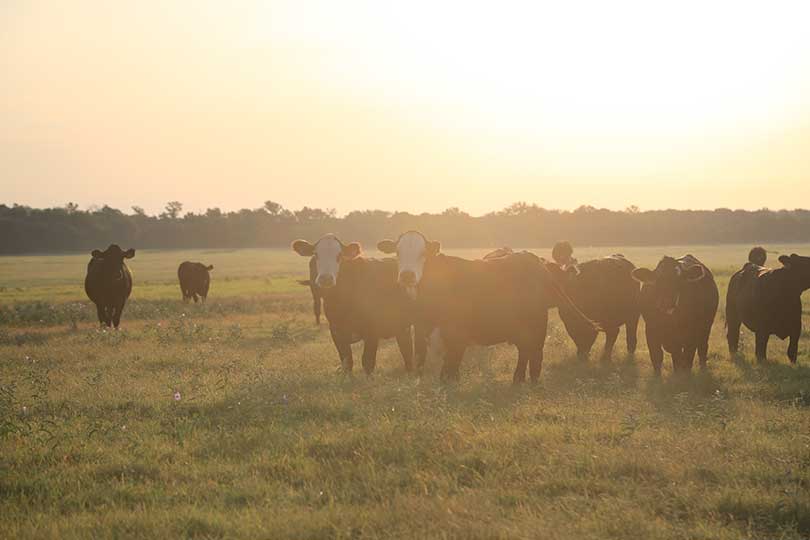Ranchers are familiar with how dry Texas can get, and the 2011 drought is a strong reminder of a difficult time for many landowners.
The hay business is risky as growers face uncertain moisture conditions. But insurance can become a critical component in farmers’ risk management portfolios.
Pasture, Range, and Forage (PRF) Insurance is available to help provide protection for livestock and hay producers against production losses. The deadline to purchase or change coverage for the 2017 calendar year is Nov. 15. Premiums will be billed Sept. 1, 2017.
Premiums for PRF Insurance vary by county, use for grazing or haying, coverage level, productivity level, intervals chosen and grid location.
“Many weather experts predict the upcoming winter and spring to be warmer than usual, with below-normal precipitation patterns,” DeDe Jones, Texas A&M AgriLife Extension Service risk management specialist in Amarillo, told AgriLife Today. “As a result, livestock producers may consider adding PRF insurance to provide an extra layer of protection against low moisture conditions.”
Payment is not determined by individual damages, but rather area losses based on a grid system, Jones said. Landowners are not required to insure all eligible acres, but instead can select the portion relevant to their livestock entities. They must choose between a minimum of two, two-month intervals and a maximum of six, two-month intervals per year.
Then producers must select a coverage level from 70-90 percent of the grid base. The producers also must pick a productivity level between 60 and 150 percent. The productivity factor relates to the percentage of an established county base value for forage, which is a standard rate published by the Risk Management Agency (RMA) for each county. It is calculated based on estimated stocking rates and current hay prices.
Once all selections are made, insured acres are spread between time periods and a rainfall index to determine potential indemnity payments.
This index uses National Oceanic and Atmospheric Administration Climate Prediction center data to calculate the deviation from normal precipitation within an area during selected intervals, based on a standardized grid system.
A decision-support tool to help landowners determine coverage levels and intervals can be found here.
Landowners can contact a crop insurance agent or go online to the Risk Management Agency’s PRF page.

